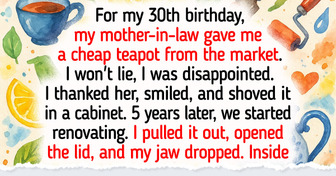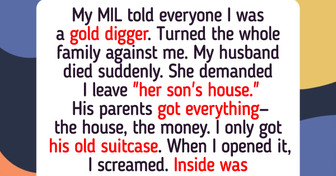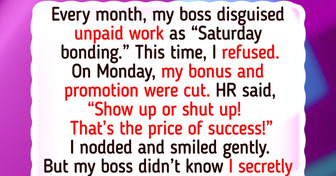12 People Share What Broke Their Lifelong Friendship Beyond Repair


Science and tech are all about taking calculated risks and making precise plans—especially when it comes to keeping costs under control! But, as with anything in life, things don’t always go the way we expect. Sometimes, the best discoveries happen by accident, and they end up changing how we see the world.
For a little inspiration, this article is all about celebrating those happy accidents that have given us lifesaving medicine we often take for granted, the scientific breakthroughs that help us understand the world around us, and the technology that’s helping protect our planet’s future. It’s amazing how some of the most important things we rely on today came about by chance!
In the 1950’s, scientists were testing a new drug that could treat tuberculosis. While administering it
to patients, the experts noticed that this pill had the beneficial effects on patients’ mental states.
These compounds boosted monoamines, neurotransmitters that are known to influence mood, and thus, became essential components in the first antidepressants.
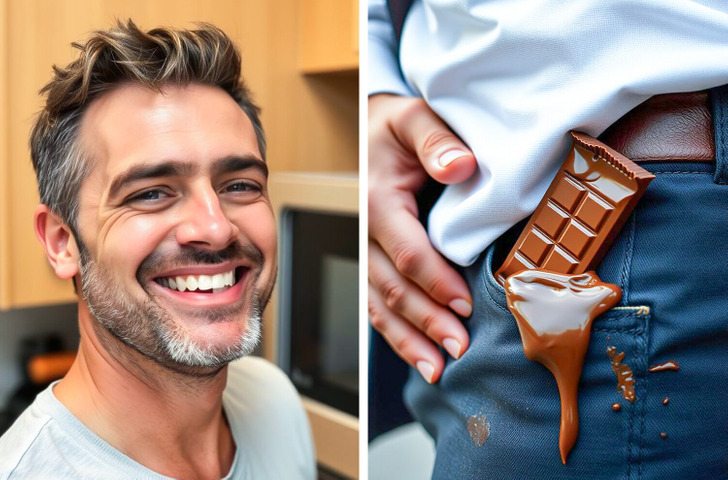
Back in the 1940s, American engineer Percy Spencer was working on radar equipment for the Raytheon company when he noticed something strange— the chocolate bar in his pocket had melted. Instead of just blaming a warm room, he got curious and suspected that the microwaves from the magnetron (a key radar component) were behind it.
To test his theory, he tried something fun—he put some corn kernels near the device, and sure enough, they started popping! That little accident led to the invention of the first microwave oven, which hit the market in 1947. Who knew a melted chocolate bar could change the way we cook forever?
Velcro was technically discovered thanks to a dog. Back in 1948, after a walk in the woods with his dog, a Swiss engineer and nature lover George de Mestral noticed something — his clothes and his dog’s fur were completely covered in hundreds of these stubborn little burrs. Instead of just brushing them off and moving on, his curiosity kicked in. How did they stick so well?
Taking a closer look under a microscope, he discovered that each burr was covered in tiny hooks that latched onto loops in fabric, fur, and even hair—just like a natural “hook and loop” fastener. That’s when inspiration struck! If nature could do it, why couldn’t he? With that, the idea for Velcro® was born, proving once again that some of the best inventions come from simply paying attention to the world around us.
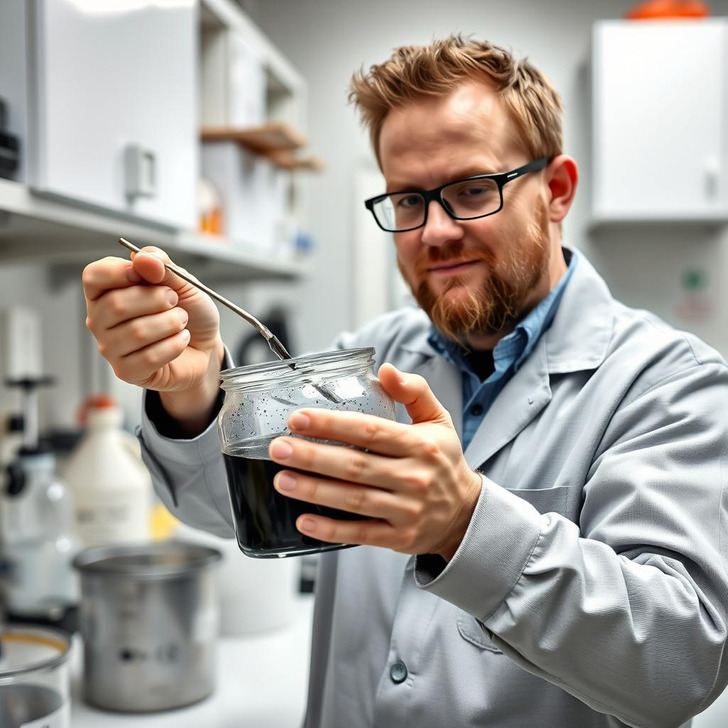
Back in 1879, a chemist Constantin Fahlberg worked hard in a lab at Johns Hopkins University, searching for a substitute for coal tar. But instead of finding a new industrial material, he accidentally stumbled upon something much sweeter—the first artificial sugar!
After a long day of experimenting, he sat down for a meal and noticed something strange—his food had an unexpectedly sweet taste. It turned out that one of the mixtures he had been working with had left behind a sugary residue on his hands.
Instead of just wiping it off and moving on, he realized he had discovered something completely new. That happy accident led to the creation of saccharin, the first artificial sweetener, proving that sometimes, science has a way of surprising us in the most unexpected (and delicious) ways!
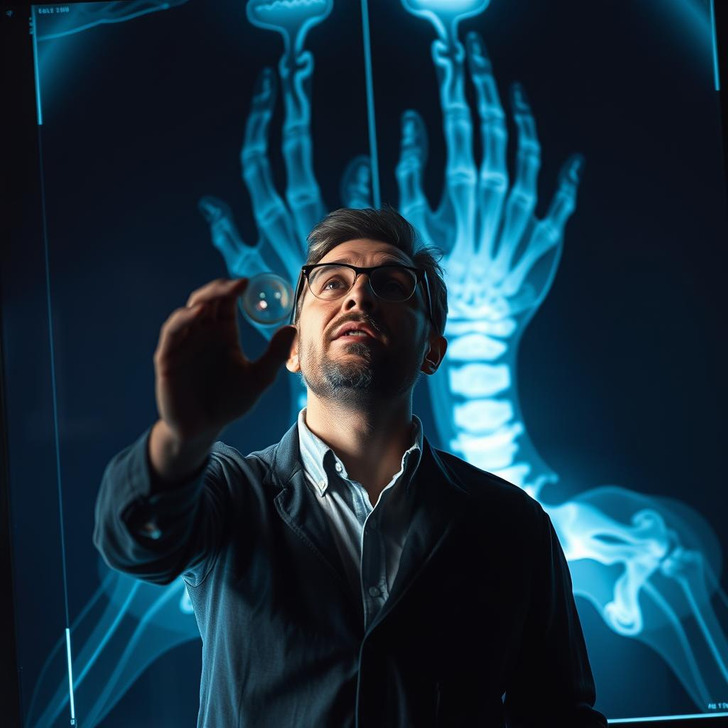
On November 8, 1895, German physicist Wilhelm Conrad Röntgen made a mind-blowing discovery—completely by accident! While experimenting with cathode rays and high electrical discharges, he noticed something strange. These rays weren’t just producing light; they were passing right through certain materials.
Curious to see how far this effect could go, he started placing objects in front of the tube to block the rays. When he held up a small lead disc, he was shocked to see not just the shadow of the disc but also the eerie outline of the bones in his own hand.
That incredible moment led to the discovery of X-rays, revolutionizing medicine by giving doctors a way to see inside the human body without a single incision. Not bad for an unexpected experiment!
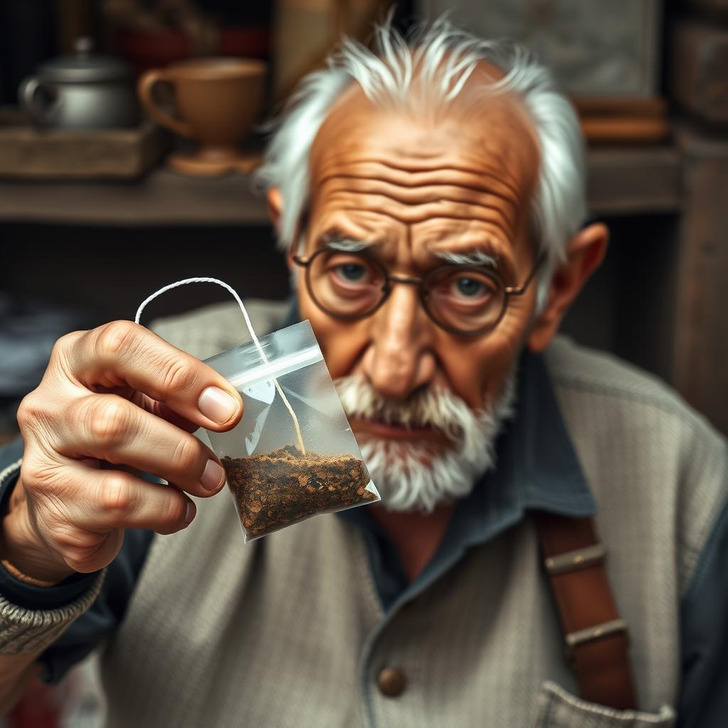
Back in the early 1900s, American tea merchant Thomas Sullivan accidentally changed the way we brew tea forever.
He used to send tea samples to Europe in small silk pouches to keep them from getting mixed up during the long journey across the ocean. But when the samples arrived, some customers misunderstood the packaging and dunked the whole pouch—tea and all—straight into boiling water. To their surprise, it worked perfectly!
Over time, this happy little mistake led to more experiments and improvements, until the humble tea bag took on the convenient form we know and love today. So next time you steep a cup of tea, you can thank a shipping mishap for making life a little easier.
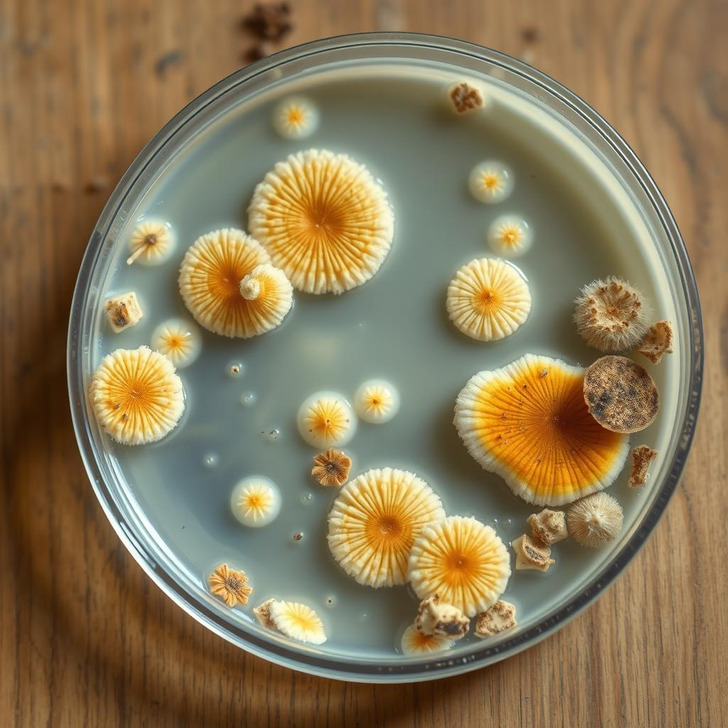
In 1928, British bacteriologist Alexander Fleming went on vacation, completely unaware that a little lab mishap was about to change medicine forever.
While he was away, a moldy fungus decided to crash the party, invading one of his petri dishes. When Fleming returned, he noticed the unexpected guest—but instead of just tossing the dish, he took a closer look. That’s when he spotted something interesting: the bacteria around the mold weren’t growing.
Curious, he studied the fungus and discovered it was from the Penicillium genus, producing a substance that could kill harmful bacteria. Once purified, that accidental discovery became the world’s first powerful antibiotic—penicillin—saving millions of lives and revolutionizing modern medicine. Not bad for a petri dish that got a little out of control!
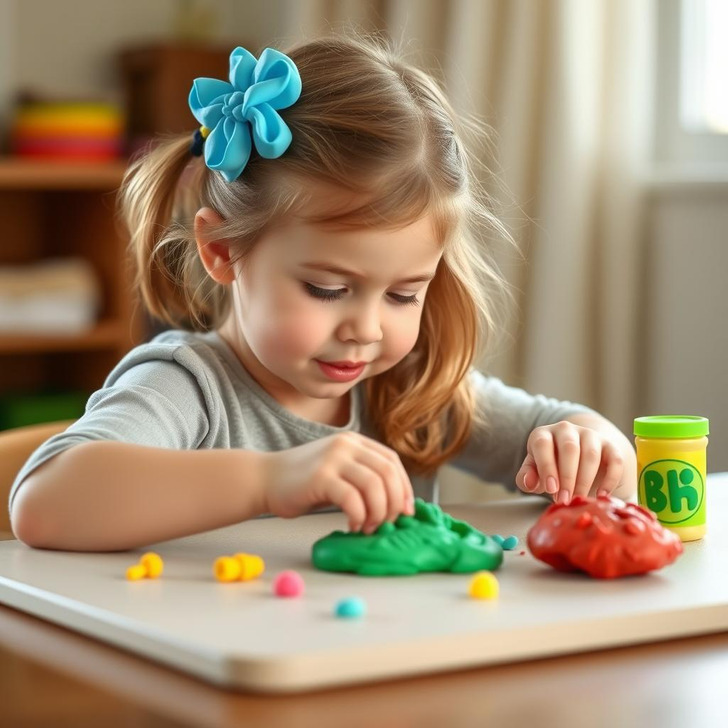
Back in the 1950s, as people moved away from using charcoal and wood for heating, a certain cleaning product started to lose its purpose. For the American company Kutol, this was a big problem—their business depended on a non-toxic, putty-like substance used to remove soot from wallpaper.
But then, someone close to the company’s management had a lightbulb moment: instead of scrubbing walls, why not let kids play with it?
And just like that, Play-Doh was born! With a few tweaks to the formula (and some bright colors added in), what was once a simple cleaning product became one of the most beloved childhood toys of all time. Just goes to show that sometimes, a little creativity can turn an everyday product into something magical.

Roy J. Plunkett wasn’t trying to invent a kitchen revolution when he stumbled upon Teflon—he was actually searching for a new kind of coolant gas in a DuPont laboratory.
One day, during an experiment with tetrafluoroethylene, something unexpected happened. Instead of staying in gas form, the substance solidified into a white, slightly waxy powder. When Plunkett examined it, he realized it had some pretty remarkable properties—it was super heat-resistant and, best of all, nothing stuck to it!
At first, Teflon found its way into top-secret military projects. But eventually, it became famous for helping pancakes, eggs, and muffins slide effortlessly off non-stick cookware. A happy accident that made life in the kitchen so much easier.

In 1960, American electrical engineer Wilson Greatbatch was working on an oscillator to measure tachycardia (a heart rhythm disorder) when he made a small mistake that led to a life-changing discovery.
While assembling the circuit, he accidentally used a one-kilohm resistor instead of a ten-kilohm one. Instead of working as expected, the circuit started producing a strange pulsing rhythm. But rather than tossing it out as a failed experiment, Greatbatch recognized something incredible—the pulses mimicked the beating of a human heart!
That little mix-up led to the invention of the first implantable pacemaker, a device that has since saved millions of lives. Proof that sometimes, the best breakthroughs come from the tiniest mistakes.
And here are 20 earth-shattering inventions we can thank women for!




